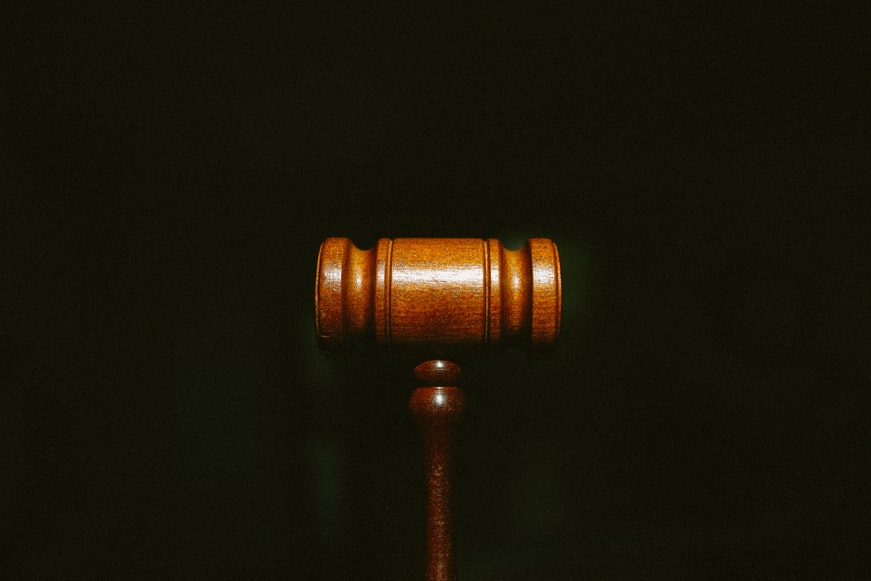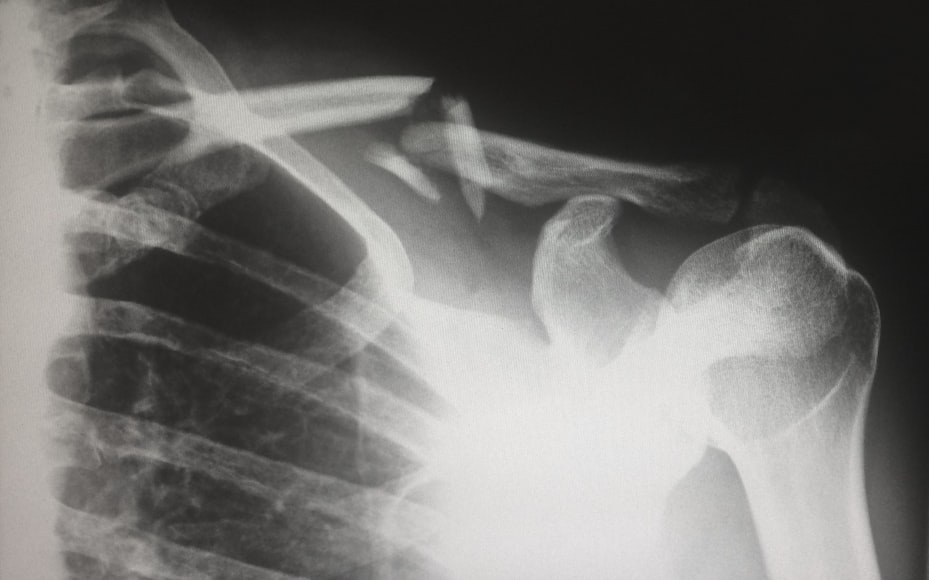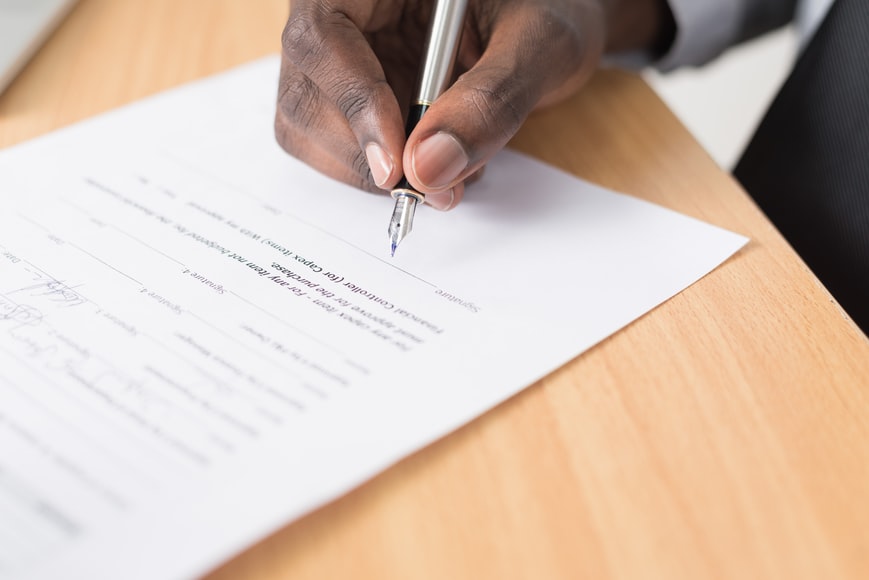Can I Claim Personal Injury Compensation?
Victims of unintentional injuries are at risk of temporary or permanent disability that can adversely affect all aspects of their lives. According to the CDC, there is an average of 24.8 million physician office visits per year for unintentional injuries.
Accidents caused by the negligence of another can be a significant burden, mainly because the victims of these accidents have to bear the expenses of all the resultant damages. For this reason, if you were injured because of another’s mistakes, you may be owed personal injury compensation. A knowledgeable attorney can help you obtain a settlement from the at-fault party to help you recover the damages you experienced because of your injuries.
What Kind Of Compensation Can I Claim For My Personal Injury Compensation?

In most cases, there are two types of damages you can claim, economic and non-economic damages. Economic damages, also known as special damages, are the monetary expenses that you have to pay out of pocket. Non-economic damages, also called general damages, are the mental, emotional, or psychological problems that you experienced due to the difficulties of your injuries.
Economic Personal Injury Damages
After you’ve been injured, you will have to seek medical attention to help you properly recover from your wounds. Medical care can likely include imaging scans, medical tests, surgery, physical therapy, and ongoing follow-up visits. All of these healthcare remedies add up, creating expensive medical bills. This is why your medical bills, in addition to the cost of estimated ongoing healthcare intervention, can be included in your compensation.
In addition to medical care, your injuries may have possibly prevented you from returning to work. When this occurs, you can claim any income you lost because of missed work hours. You can also include future payments that you won’t receive while off work.
Lastly, depending on the circumstances of your personal injury case, you may also include compensation for any property damage. This is often the case for car, motorcycle, and bike accidents but can also apply to other personal injury cases. You can ask your attorney whether this would be appropriate for your settlement claim.
If you are a surviving family member whose loved one suffered a wrongful death, then you can put additional items in your settlement claim. Some of these economic damages can include funeral and burial expenses, lost benefits, lost earning capacity, and other costs unique to wrongful death cases. Have your attorney inform you of the wrongful death damages that you can claim.
Non-Economic Personal Injury Damages
Your non-economic damages cannot be estimated the same way as economic damages and require an insurance agent to use a multiplier. A multiplier is a number between one and seven that is based on the severity of your pain and suffering.
If you experience negative emotional or psychological effects, such as grief, depression, PTSD, anxiety, shame, and more, they can be included in your damages. These damages make up most of the settlement and are just as important as your economic damages.
Suppose a family member has passed away due to wrongful death. In that case, these damages can also include the following: Loss of consortium, loss of mentorship, loss of guardianship, loss of valuable services, loss of companionship, and more.
Other factors can also be taken into consideration, such as the age of the victim, the age of their dependents, their educational level, and other factors that show the value and impact they had on the lives of their surviving family members. You can get advice from your personal injury attorney to find out whether you are eligible to claim these damages.
What Are Some Common Types Of Personal Injuries?

There are a vast number of ways that personal injuries can happen. The following are some of the most common ways accidents happen:
Product Liability
If you used a product that harmed you in some way, you might be owed compensation from the manufacturer. Sometimes products can cause cuts, burns, trauma, sickness, or worse. If it isn’t the manufacturer’s fault and the item was somehow tampered with, you can still claim compensation. For example, the delivery company or warehouse that the product was stored or delivered from can be held responsible.
Motor Vehicle Accidents
One of the most common ways to get injured is in an automobile accident. This can happen to drivers, motorcyclists, cyclists, and pedestrians. Common injuries in a motor vehicle crash are whiplash, cuts, contusions, chest injuries, spinal cord damage, and broken bones.
Medical Malpractice
When doctors and healthcare professionals fail to meet the standard of care, this is medical malpractice. It can include misdiagnosis, incorrect medications, surgical errors, neglected lab test results, lack of aftercare, and other forms of negligence.
Dog Bites
Dog bite attacks occur when the owner of a dog fails to control their pet, and it attacks someone. The victim might suffer puncture wounds, crushed bones, scratches, and other injuries.
Premises Liability
Slip and fall injuries happen when the owner of a premises fails to properly maintain their property. In these cases, broken and fractured bones, spinal cord damage, shattered hip bones, and other injuries are common.
Wrongful Death
Wrongful death can occur in any type of personal injury accident and results in fatal wounds that cause the death of the victim.
If you experienced workplace injury or an assault, this would be handled differently. You would submit a workplace injury claim to your employer and file a police report in the case of an assault. Your employer or the authorities would handle these incidents accordingly.
How Can I Prove That I Am Not At Fault?
Personal injury lawyers are legal professionals who can provide reliable results by proving that you are not at fault. You must consult with one to review your case and identify whether you are owed compensation for your losses.
Read Also:
- HOW TO REDUCE ANXIETY NATURALLY?
- Road To Recovery: 8 Tips For A Healthier You After Illness Or Injury
- Common Health Injuries From Slip And Fall Accidents: By Medical Experts
- The Importance Of Correct Exercise Form And Technique



